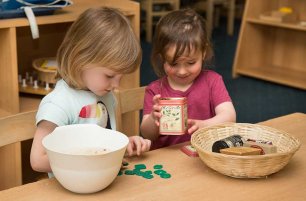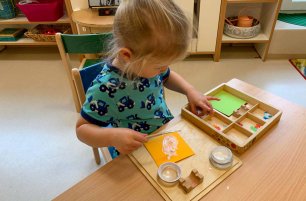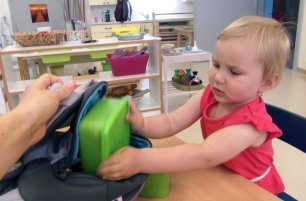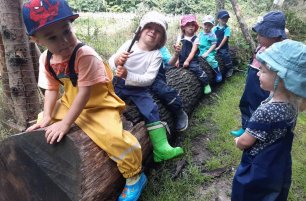IMSP Toddlers: Help Me to Do It Myself
One of the key concepts and skills that Montessori education develops in different ways and from different perspectives through the entire childhood and through the entire educational process is independance.
Check out our video of the IMSP toddler classrooms:
Want to learn more? Read our next article:




